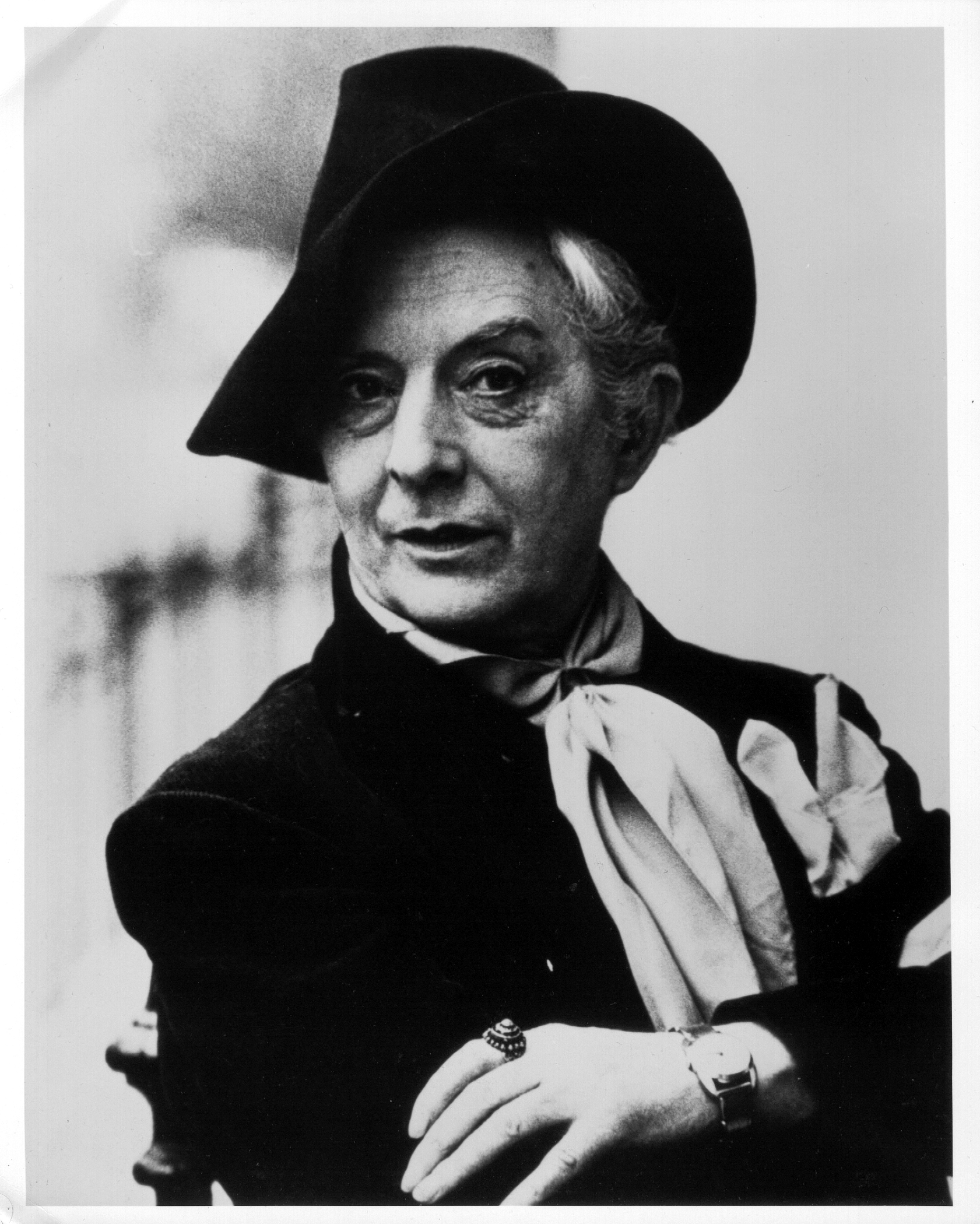

“I live quite comfortably on publicity champagne and peanuts.
Quentin crisp tv#
However, in this I feel I have succeeded to some degree.” Quentin’s New York existence is made up of socialising, film reviewing and various appearances in movies, TV and the theatre. “The problem with England is that everyone is convinced that you can’t make a living doing nothing. Quentin is now the most interesting octogenarian on earth, enjoying “growing old disgracefully” as he puts it, with his purple rinsed hair and layers of foundation still firmly in evidence. If you did that in England, there would be absolute silence, everyone would stare into their soup and think, ‘How appallingly embarrassing.'”

If you were to stand up in this diner now and shout, ‘I’m putting on a cabaret’, then everyone would gather round and ask, ‘Where will it be?’, ‘What will it be about?’, ‘Who will you hire?’. “In New York, everyone is your instant friend. But I don’t spend my time wondering if the man in the deli really wishes me to ‘have a nice day.’ If he didn’t, then he wouldn’t say it, surely.” Quentin warms to his theme. “The English always say that the Americans are so false. After running various skirmishes with the US immigration authorities, Quentin succeeded in keeping his British passport and becoming a resident alien. By this time he was over seventy years old. Tired of England’s pernicious and parochial character, Quentin moved to New York in the early 1980s. In the charnelhouses of London, Wilde only knew most of his lovers by Braille. Then, when I became older, I realised this was complete nonsense. I thought he sacrificed everything for love. “When I was young, I thought Oscar Wilde was so noble. Indeed, the luminescence of Quentin’s prose soon won accolades which proclaimed him as a modern day Oscar Wilde, a comparison he has always refused. This battle frequently became physical as well as psychological Quentin’s accounts of the numerous attacks he endured on the streets of London lend a disturbing pathos to The Naked Civil Servant’s blend of pithy insight, amused self mockery and biting sarcasm. “During my Edwardian youth and Georgian middle-age the world (I mean Britain) stayed exactly where it was, aggressively conformist and conservative I stayed exactly where I was, a blithe spirit revelling in androgynous anarchy, and there was a battle.”


As he notes in his book Manners From Heaven, Indeed, it is hard to imagine the outrage he must have provoked. With his henna’d hair, “gravity-defying” makeup and inch-long fingernails, the young Quentin Crisp cut a brave and audacious figure in 1930s London. In it, Quentin documented his early, life-changing decision that “instead of hiding my sexuality, I would announce it.” “If I have a talent for anything,” he states, “it is not for doing but for being.” It was not until the 1960s, when he already over fifty years old, that Quentin first rose to fame with the TV adaptation of his autobiography, The Naked Civil Servant. Quentin Crisp is, after all, the man who first personified the concept of ‘camp’. It is difficult to surmise whether this man needs an introduction or not, such is his longevity as a cult figure of quintessential Englishness, “a stately old homo of England”, to quote one of his most famous phrases. This month sees the publication of Resident Alien, the selected diaries of Quentin Crisp. His novella Shrike was a 2009 Shirley Jackson Award finalist.Chris Mitchell goes for lunch with Quentin Crisp He has a bachelor's degree in Japanese from the University of Durham, has spent two periods living in Japan and Japanese literature is a significant influence in his work.Ĭrisp is responsible for the Chômu Press, publishing fiction by contemporary authors.Ĭrisp also writes lyrics, which have been recorded by Kodagain. Originally from North Devon, Crisp now lives in London. Unlike the better-known personality of the same name, this Quentin Crisp was given the name at birth but, being younger, must use his middle initial to disambiguate. Crisp (born 1972) is a British writer and publisher of supernatural fiction. JSTOR ( August 2009) ( Learn how and when to remove this template message).Contentious material about living persons that is unsourced or poorly sourced must be removed immediately, especially if potentially libelous or harmful. This biography of a living person needs additional citations for verification.


 0 kommentar(er)
0 kommentar(er)
